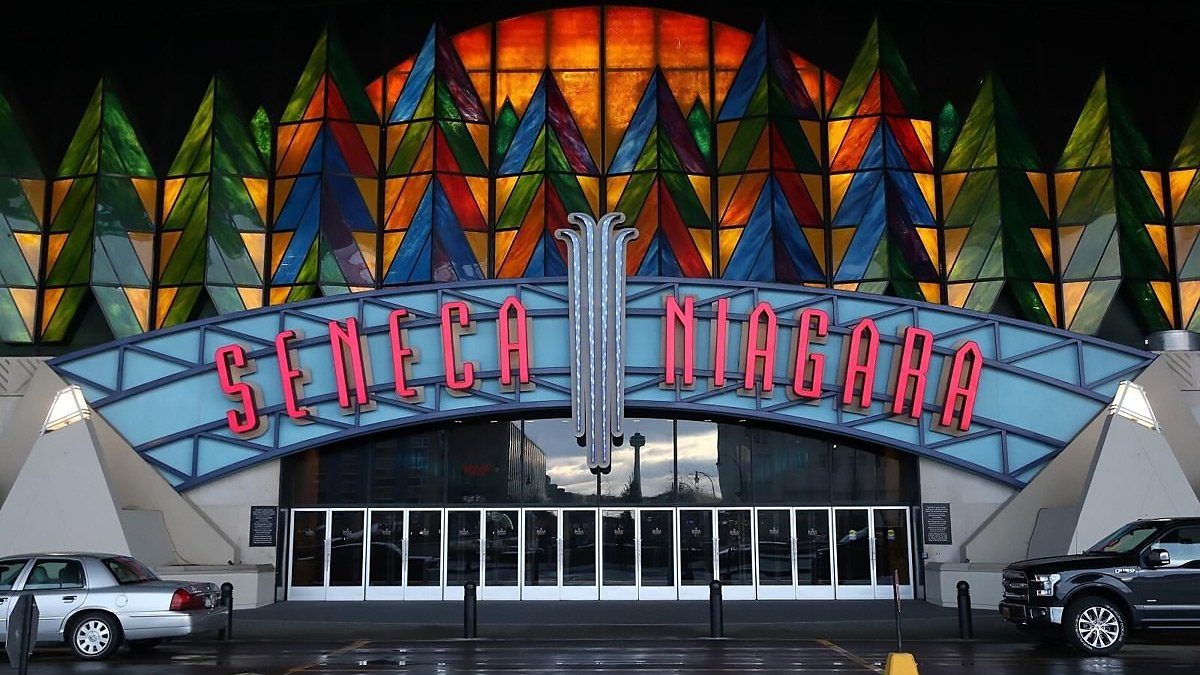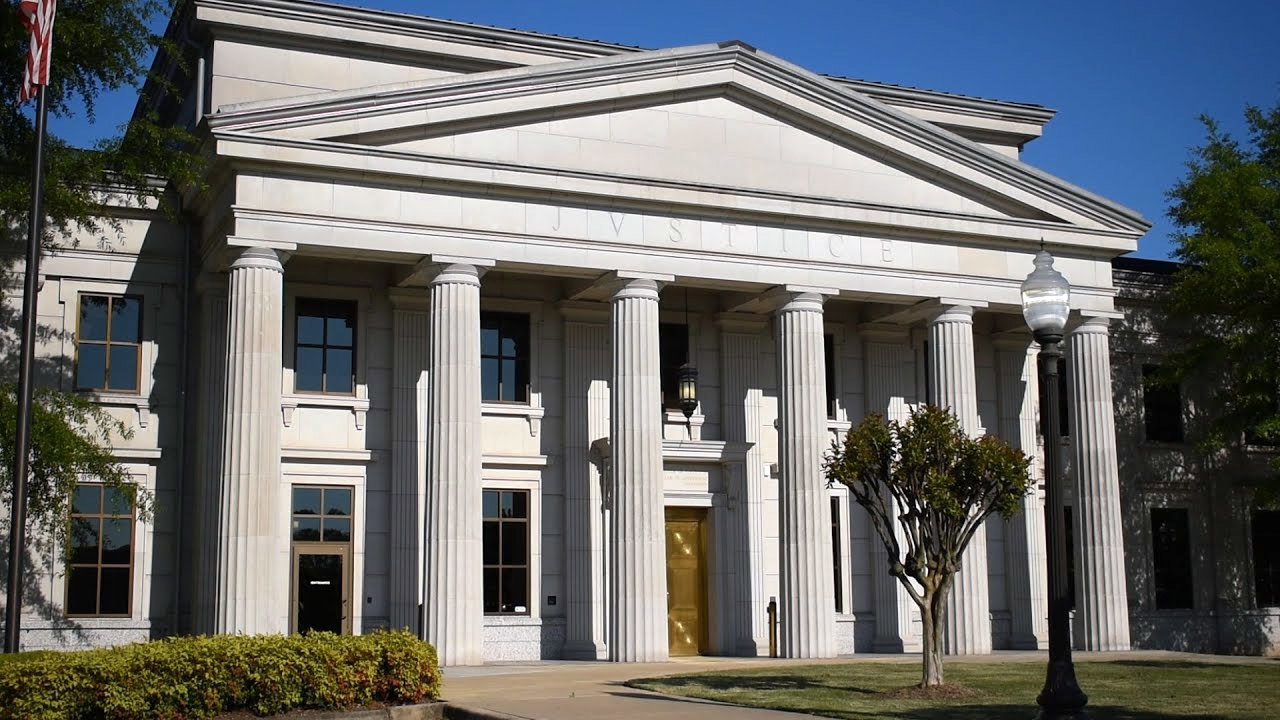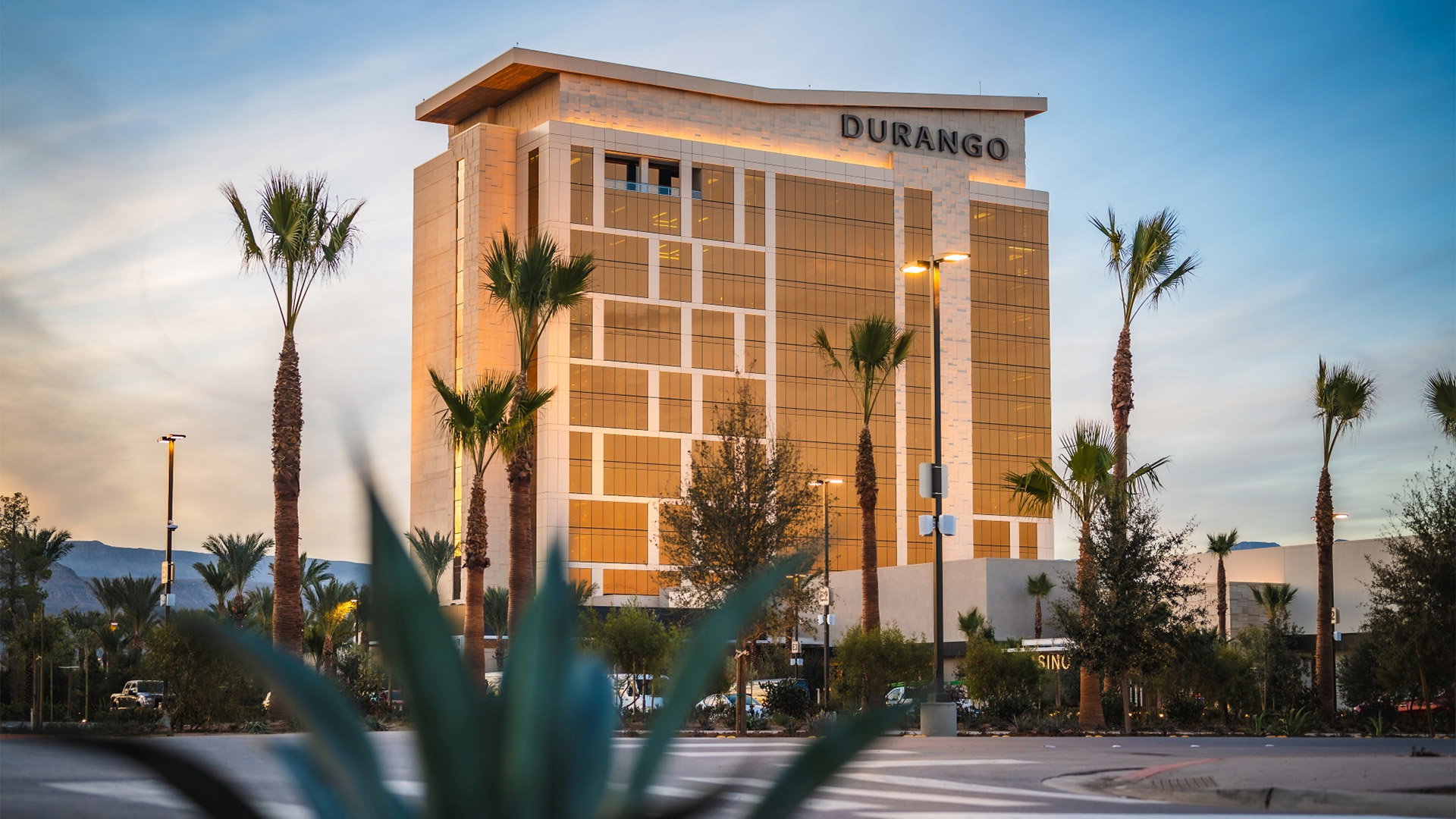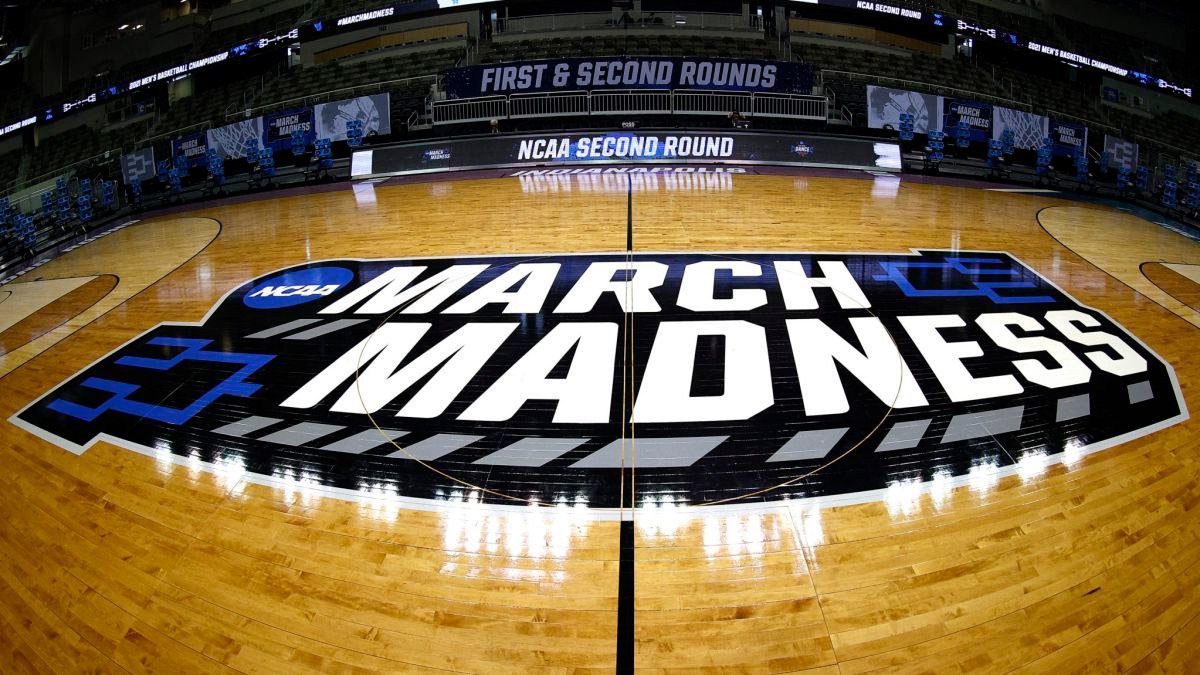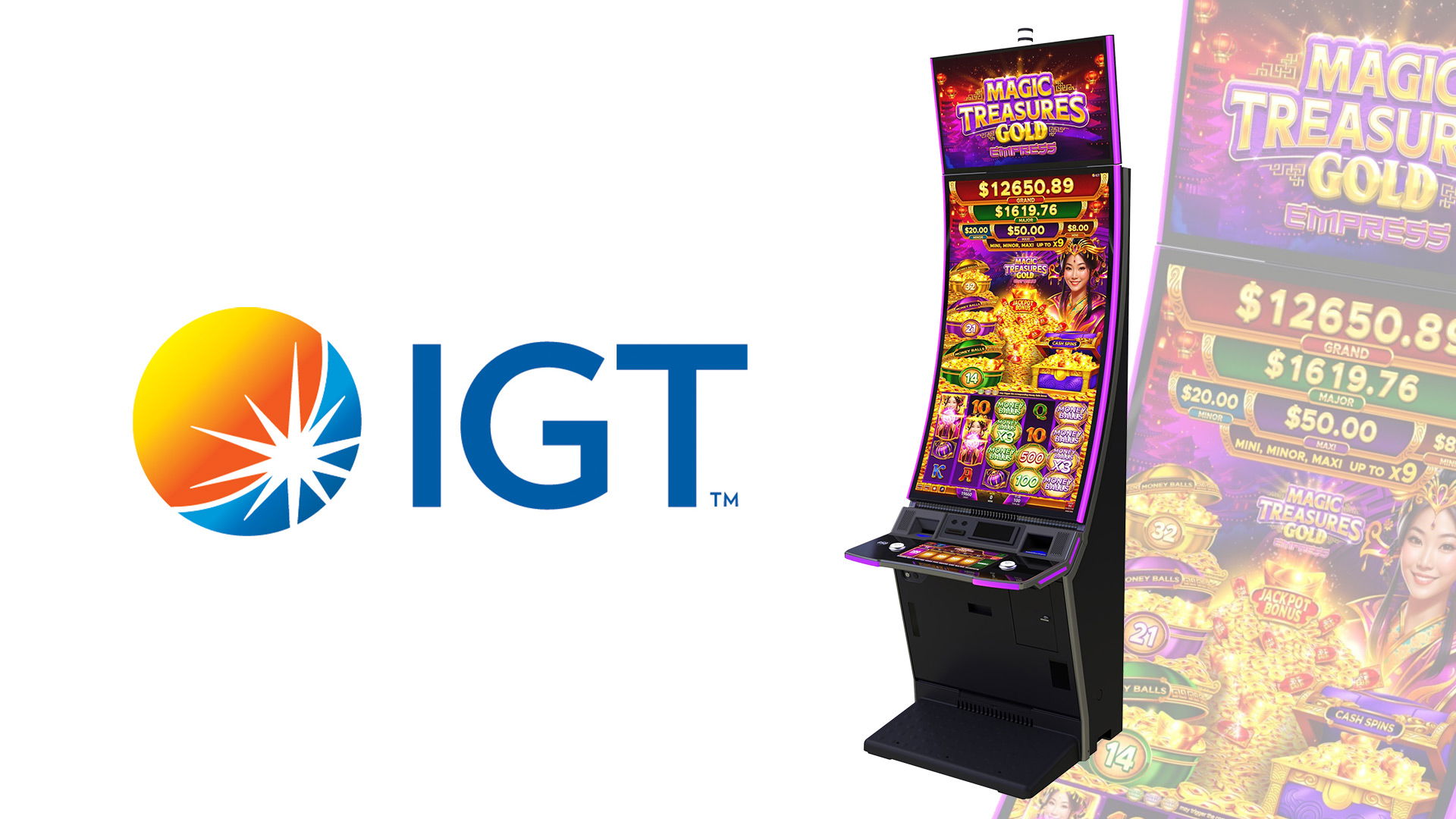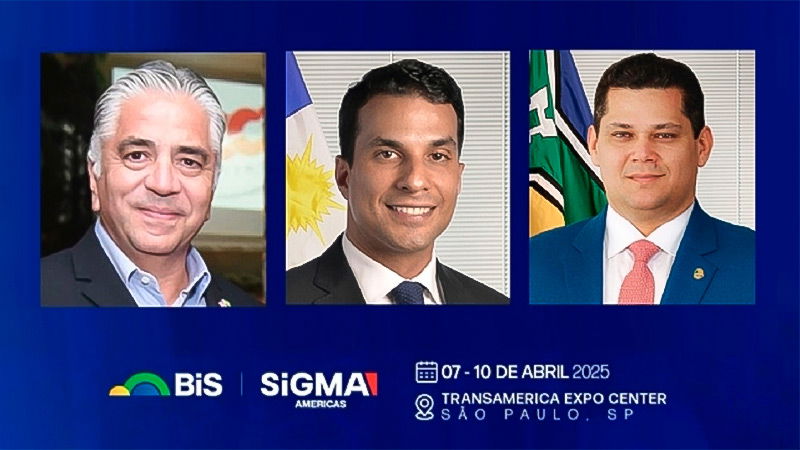Australia: Tasmania's new legislation set to end poker machine gaming monopoly
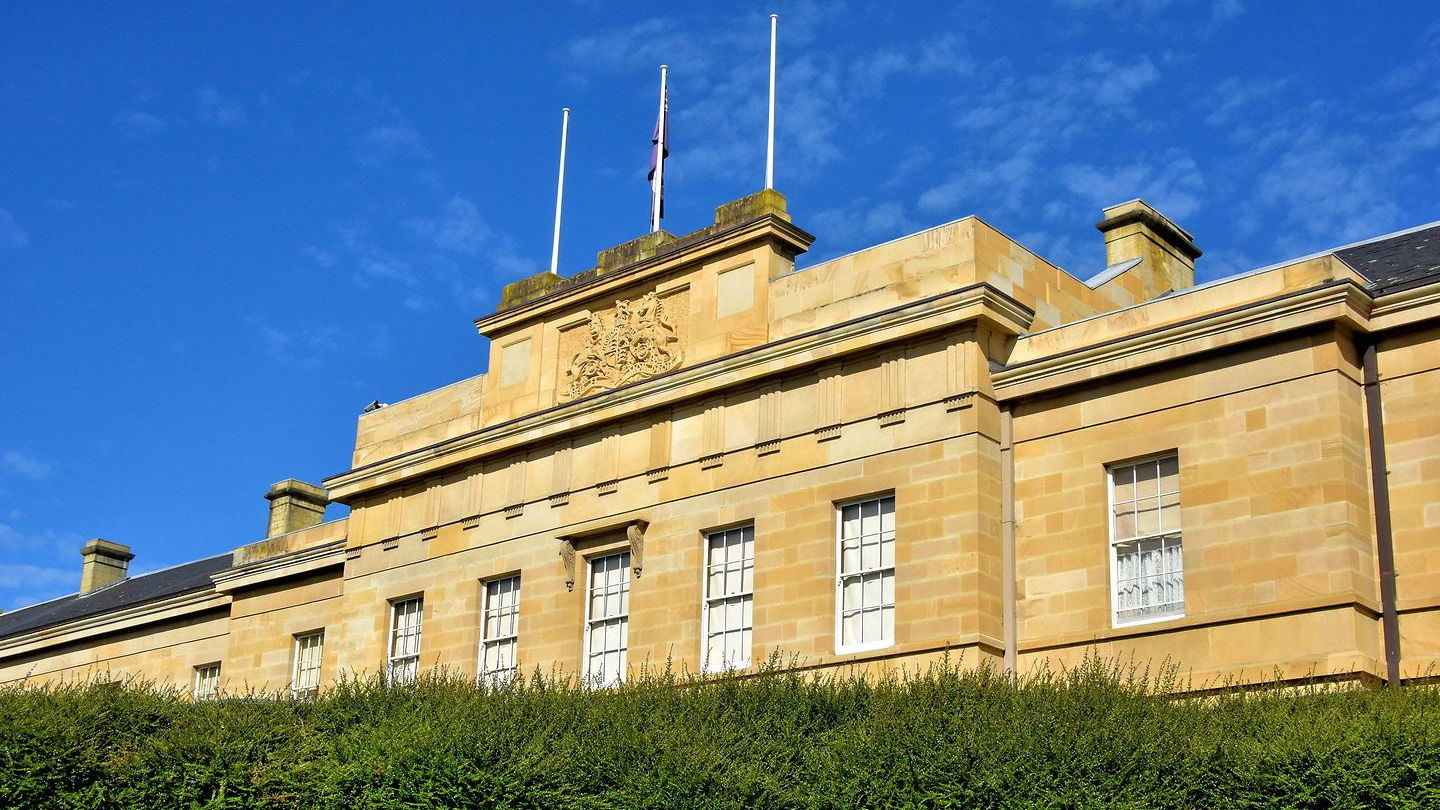
The Tasmanian government’s poker machine (commonly referred to as “pokies”) legislation is now set to become law after passing the state’s upper house in an 8 to 5 voting. The law will allow venues to own or lease their own poker machines from mid-2023, thus ending the Federal Group’s monopoly on gaming.
The legislation passed in the Australian isle also slashes the tax rates paid by the Federal Group on poker machine takings at its two casinos almost in half, according to ABC News. The legislation now heads back to the House of Assembly for final approval. It is expected to sail through.
The Tasmanian government first committed to breaking up family-owned Federal Group’s monopoly over poker machine licenses at the 2018 state election. The business has held control of gaming licensing in the state for more than 5 decades. Federal Group opened the state’s first casino in 1973 and was given the right to license all poker machines upon their introduction 20 years later.
"A well-regulated monopoly would have been a better proposition," said Independent MLC Ruth Forrest, who voted against the bill. "This bill fails to deliver effective harm minimization measures. I cannot support it, I'm surprised if others believe they can."
Meg Webb, also an independent MLC who voted against the bill, said she was let down by the outcome, also citing lack of harm minimization measures, for which she had advocated strongly. "I'm disappointed, particularly on the measures of harm minimization," she said. "We've got a lot of doubt about the impacts of this bill still remaining for us."
The bill was amended several times during the debate, ABC further reports. It was agreed that all venue licenses would expire on July 1, 2043, disregarding when they were issued, in order to make it easier for future governments to amend the legislation. Moreover, fully-automated table games were prohibited from any future high-roller casino, and whistleblower protections were strengthened for workers in the industry.
Labor’s deputy leader Anita Dow said the party had worked “very hard” to make sure the bill included harm minimization measures that were finally not in the government’s bill. She also defended voting against specific amendments that would have introduced lower bet limits and slower spin speeds.
"We've made those decisions based on feedback that we've had, consultation with stakeholders and we've been very clear about those positions from the outset of that legislation coming before parliament," Dow said, according to the cited news source.
Greens leader Cassy O’Connor called the legislation a “prize for the gambling industry” and said it marked “a tragic day” for Tasmania. "This has been absolute corruption of good policy, and an absolute corruption of our democracy," she stated.
Anti-pokies advocates have cited concerns over the new model allowing venues to retain a greater share of poker machine revenue, fearing this would encourage competition between venues.
While more money is set to be destined to the Community Support Levy, community groups, such as the Tasmanian Council of Social Service, called for the introduction of measures such as maximum bet limits, the prohibition of losses disguised as wins, and slower spin speeds. These were ultimately not adopted.


